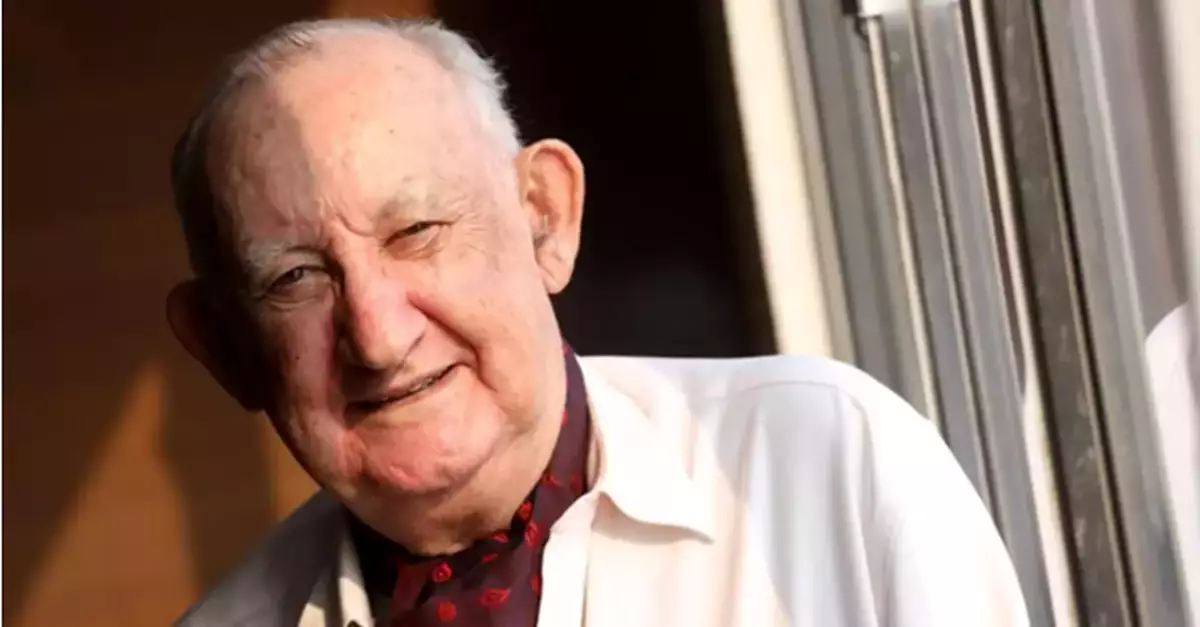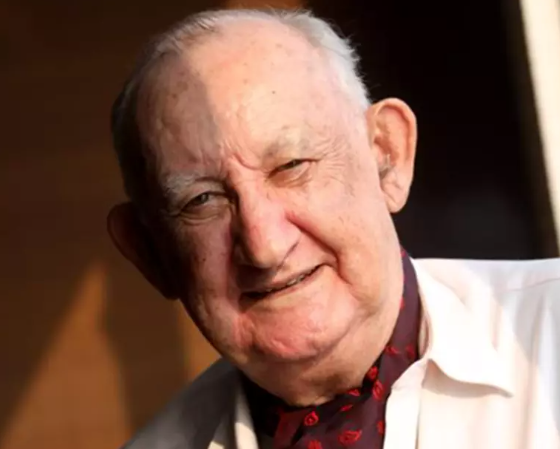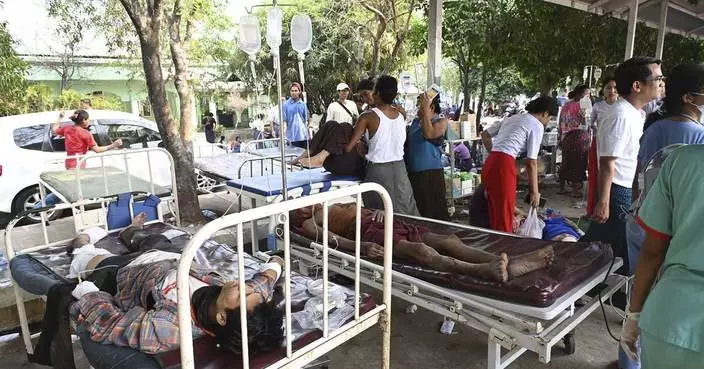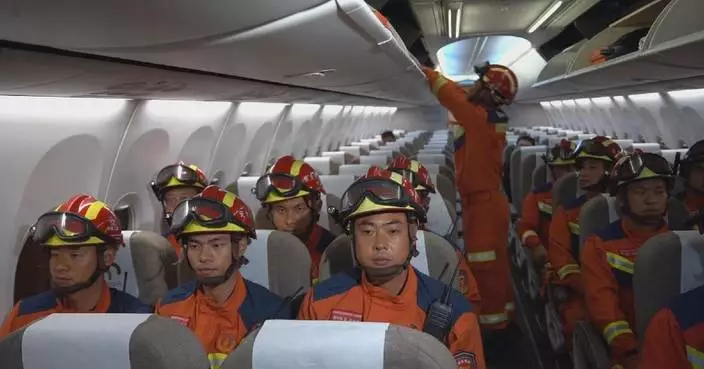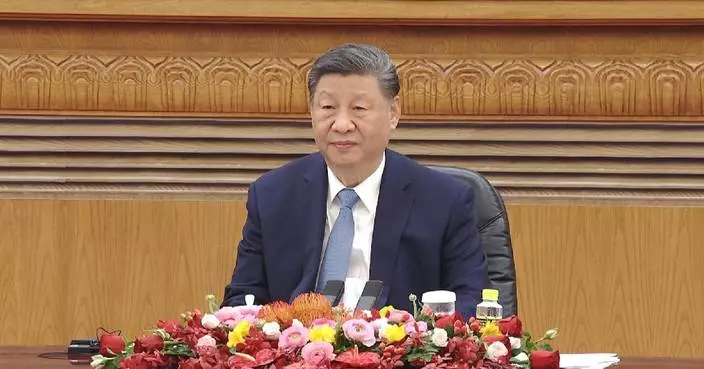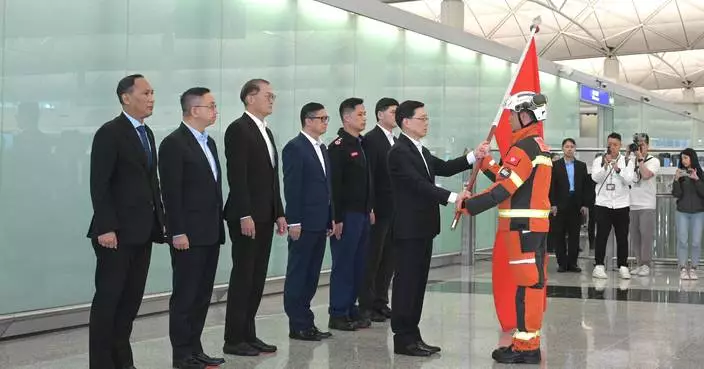Mark Pinkstone/Former Chief Information Officer of HK government
In his annual policy address last year, Chief Executive John Lee Ka-chiu outlined his plan to make Hong Kong an international hub for university students, and this year he delivered the goods.
In his 2024 Policy Address, Lee said the Government was committed to developing Hong Kong into an international hub for post secondary education. This, he said would include a raft of measures to complete a comprehensive programme to draw more talent to Hong Kong.
His comments came hot on the heels of the release of the Times Higher Education World University rankings which placed Hong Kong’s City University as the world’s most international university. The University of Hong Kong was placed 6th, the University of Science and Technology 9th and Hong Kong Polytechnic University 10th. Another nail in the coffin of Hong Kong’s doomsayers.
Other Hong Kong universities include the Chinese University of Hong Kong (13th), Hong Kong Baptist University, Lingnam University, and Education University of Hong Kong, all funded by the University Grants Committee (UGC). There are also three self-funded universities: Hong Kong Shue Yan University, Hang Seng University and Saint Francis University.
And to keep the trajectory skyrocketing upward, the government has launched a $30 million “Study in Hong Kong” brand to be used by the local universities to attract foreign students to Hong Kong. The website (https://www.studyinhongkong.edu.hk/en/hong-kong-education) covers everything possible about Hong Kong and university life, including funding, accommodation and an insight into the various universities.
It even invites the international students to remain in Hong Kong after graduation with hints and links to various employment agencies looking for top notch talent.
This falls in line with Hong Kong’s rapid development as a science and technology hub. The Northern Metropolis development, with its focus on education and technology, will undoubtedly create a surge in demand for student talent. More than 60 hectares of land in the four areas of Hung Shui Kiu/Ha Tsuen New Development Area, Ngau Tam Mei and the New Territories North (NTN) New Town, has been reserved by the government for post-secondary education development.
“The Government has earmarked over 80 hectares of land in the Northern Metropolis for the Northern Metropolis University Town and will encourage local post secondary institutions to introduce more branded programmes, research collaboration and exchange projects with renowned Mainland and overseas institutions in a flexible and innovative manner. We will retain flexibility in the planning process to facilitate development of student hostels. We plan to publish the Northern Metropolis University Town Development Conceptual Framework in the first half of 2026”, the CE said in his policy address.
The government-operated UGC says that for the 2023/24 academic year some 100,786 students will be enrolled in UGC-funded programmes. Of these, some 23,097 students will be enrolled as non-local; 17,822 will be from the Mainland and 4,410 from Asia and 823 from other countries. The most popular subjects are science (6,368 enrolments by non-local students) and engineering and technology (5.802 non-local enrolments).
In his address last year, Lee said that part-time job restrictions imposed on non-local students would be lifted, as part of the city’s measures to entice professional talent and encourage more to stay on. He also announced several longer-term projects for cross-boundary university collaboration with the mainland including a microelectronic academy to be set up to study third-generation semiconductors, and research projects between Hong Kong and neighbouring Shenzhen.
Currently, just 1 per cent of overseas graduates from Hong Kong’s universities are staying on at a time when the city is vying with other Asian countries to attract top graduates. The lifting of part-time work restrictions is being implemented on a trial basis for two years, during which more than 35,000 students are expected to benefit.
In this year’s address he elaborated on this programme. He said that in creating the "Study in Hong Kong" brand, the government will strive to host international education conferences and exhibitions. It will also encourage local post secondary institutions to enhance collaboration and exchange with their counterparts around the world in promoting the "Study in Hong Kong" brand on a global scale, and to attract more overseas students, especially those from ASEAN and other Belt and Road countries, to study in Hong Kong through the provision of scholarships and other incentives.
Housing of graduates has been of continual concern with the government and the universities, with property agents claiming that the private student housing market can only accommodate 0.4 per cent of the total enrolled population. They say that in the next four years, post-secondary university hostels in Hong Kong will create additional spillover demand of 22,300 bedspaces into the private accommodation market.
Lee said in his address that to improve hostel facilities the government will launch a pilot scheme to streamline the processing of application in relation to planning, lands and building plans, to encourage the market to convert hotels and other commercial buildings into student hostels on a self financing and privately funded basis, thus increasing the supply of student hostels.
“The Government will also make available suitable sites for the private sector to build new hostels, having regard to market demand. The Development Projects Facilitation Office under the Development Bureau (DEVB) will provide one stop advisory and facilitation services for these projects,” he said.
Overall, Lee’s address was very bullish blending plans to attract more talent to the city as it transforms itself into a world-leading high technology hub. Foreign students graduating from a Hong Kong university has the advantage of gaining work experience in Hong Kong, the Greater Bay area and in the mainland before returning to their original home. With qualifications from a world renown university and work experience from one of the fastest growing economies, the world is the oyster for Hong Kong graduates.
Mark Pinkstone
** The blog article is the sole responsibility of the author and does not represent the position of our company. **


